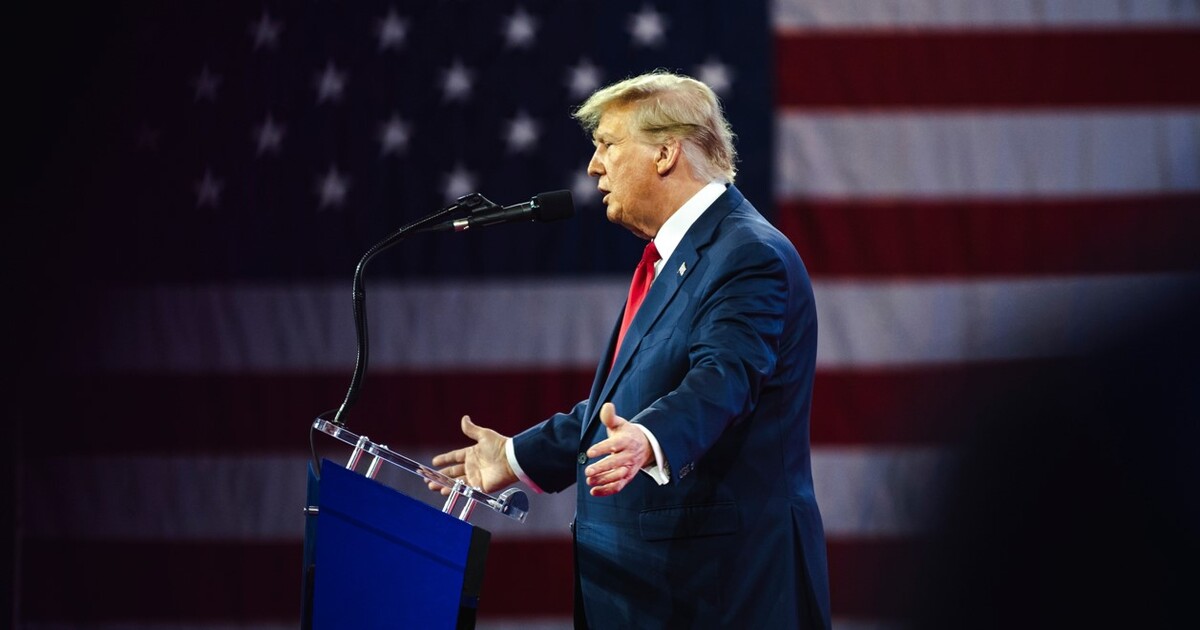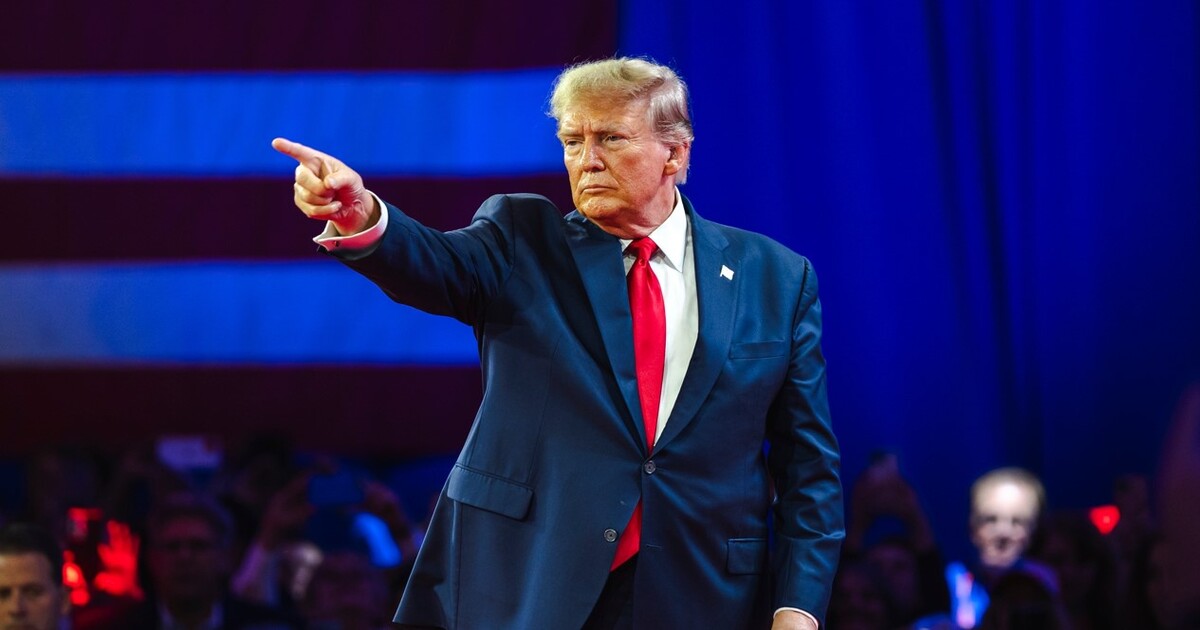Donald Trump, Not Your Grandfather’s Caesar: The Big Differences
Julius Caesar’s and Donald Trump’s outsized ambition and lack of scruples turned them into dangers to republican values and institutions. But how were they different?
November 2, 2020

Editor’s note: This is a re-posting of a 2020 article with bracketed notes inserted to update it.
(To read Part 1, click here | For Part 2, click here | For Part 4, click here)
The parallels between Julius Caesar and Donald Trump have been so astonishing and so extensive that their recitation took two essays until this point.
But for all these often breathtaking parallels, the two men were also very different from one another in many ways.
The general and the snake oil salesman
Here is a list of altogether six stark — and highly revealing — contrasts between Julius Caesar (“one”) and Donald Trump (“the other”):
1. One was a soldier used to hard campaigning. The other was notoriously soft, a shirker from military service whose primary talents, honed by decades of tabloid celebrity and reality television stardom, are shocking and titillating, bullying and pandering.
2. One was the scion of an impoverished ancient noble family. The other is gaudy nouveau riche.
3. One was objectively successful as a general — arguably the greatest general to serve the ancient world’s greatest empire.
The other is a poor spectacle of a businessman, most notable for his unethical practices (such as not paying vendors and contractors, exaggerating his assets) and his spectacular bankruptcies.
A master of language
4. One was a master of language, recounting his military campaigns in thrillers that have retained their appeal across millennia.
The other is a bungler whose tweets are often misspelled, whose books are the work of ghostwriters and whose own personal style of oratory combines the inarticulateness of George W. Bush with (increasingly, sadly) the dementia of second-term Ronald Reagan.
5. One commanded the fierce loyalty of his legions, men who — rather than accept commissions to serve under his rivals — preferred to suffer torture and death when captured in the Roman civil wars.
The other presides over a White House staff that live-tweets his imbecility or quits and writes tell-all books (even as the reality-TV audience remains fiercely loyal).
6. One valued competence above loyalty (magnanimously forgiving many former battlefield enemies and placing them in positions of responsibility).
The other notoriously and repeatedly places loyalty above competence (e.g., in putting his son-in-law Jared Kushner in charge of pandemic response).
Trump’s Crass(us) Roman forefather
As a plutocrat who has blundered his way into politics, Trump arguably resembles no one in Ancient Rome so much as Crassus, Caesar’s erstwhile collaborator.
Crassus perished ignominiously in the eastern desert along with most of the army he was thoroughly unqualified to lead.
An implacable political divide
So much for the — indeed stunning — differences between Caesar and Trump.
Let us now toggle back to the parallels. None of them is bigger than this: Caesar lived in a Rome that, like the modern United States, was deeply divided politically. Rome had been through a civil war a generation earlier, and the wounds were still fresh.
Caesar hitched his political star to a nostalgic revival of the “populares” party, joining the fight against the entrenched old guard of “optimates.”
Too much should not be made of parallels between the actual politics of 1st-century BC Rome and 21st century America. Caesar’s “populism” was not a Rome-first agenda. In fact, he was an ardent champion of integrating Italians, Gauls and other provincials into Roman society and politics as equals.
Personal wimp = master divider
When we consider Trump as a politician whose modus operandi is to inflame partisan passions, the parallel is apt.
Trump spreads conspiracy theories and slander. He threatens to jail political opponents and encourages rally attendees to rough up protesters.
Trump also flirts with suggestions that his followers arm themselves (for example, flirt-tweeting support for armed insurrection against several state governments in the early days of the pandemic), welcoming support from the most disreputable elements of the U.S. political spectrum as well as fanning conspiracy theories about the opposition.
Street warfare compared: Roman and American style
Despite the physicality of conflict between militarized police and Black Lives Matter protestors in select cities and Trump’s attempts to stir up fear against “Antifa” as a threat to public order, the modern American political divide has not (yet) come to full blows in the streets. But it has come dangerous close at times in the recent months under Trump.
In the dark days of ancient Rome, gangs of thugs and gladiators led by Milo and Clodius once dramatized on the streets of Rome the daggers-out rhetoric in the Senate.
No question, the Trump political style is pushing us in that direction, as Caesar too once pushed Rome into open civil conflict.
How likely is it that the U.S. crisis in governance under Trump to reach a point of no return? That will be the topic of Part 4.
Takeaways
The modern US political divide has not (yet) come to full blows in the streets. But it has come dangerous close in recent months under Trump.
For all his bellicosity and vanity, Caesar – in contrast to Trump -- was ultimately a uniter, not a divider.
Caesar lived in a Rome that, like the modern US, was deeply divided politically. It had been through a civil war a generation earlier -- and the wounds were still fresh.
Caesar’s “populism” was not a Rome-first agenda. He was a champion of integrating Italians, Gauls and other provincials into Roman society and politics as equals.
